"I'm not telling you it’s going to be easy – I'm telling you it's going to be worth it."
– Art Williams
Newsletter from Henry Schroeder

"The four most expensive words in the English language are, ‘This time it’s different.’"
– Legendary Investor, Sir John Templeton
In past newsletters, I’ve often shared life lessons, experiences and stories that were deeply personal to me and my family. The impact of today’s market conditions and seeing investor statements depreciate is also very personal to me. Being so, I felt it was important to use this month’s newsletter as an opportunity to share my market perspective.
It has been 13 years since our last recession which officially ended on March 9, 2009. Today's recession is long overdue. For the past six years, the KIG team has been preparing for it based on market history and knowledge that recessions traditionally occur every seven years on average. After 19 years of managing through a variety of market conditions, I’ve learned to embrace opportunity during times of uncertainty. The opportunity today lies in the bond markets as today’s conditions are creating tremendous sales prices. Unlike stocks, bonds have maturity dates that allow investors to know exactly when they will get a return on their money.
In March of 2020, many clients wanted out of the market. Undoubtedly, things were different as the world shut down to protect human life from a lethal virus. At that moment, we also saw opportunity through the uncertainty. With people around the globe forced to quarantine at home, they certainly would require some much needed necessities – internet, cable television, food, water and, of course, toilet paper. We immediately overweighed communication and consumer staples and avoided the likes of cruise lines, airlines, automobiles, shopping, strip/mini malls, restaurants, brick and mortar retail, hotels, travel, media, publications, production studios and theme parks. We continue to avoid those sectors today. The opportunity in the bond market appears to be a once in a lifetime occurrence. With nearly three decades of experience, I have learned that managing investor emotions is a much greater challenge than managing money. As always, we embrace and welcome your questions, concerns, fears, emotions and doubts. It only makes you human to have the fight or flight market perspective. I hope this month's newsletter provides some perspective of how we are managing toward outcomes – and never toward the market. I can assure you that while this recession will include a fair amount of discomfort, pain and uneasiness, the opportunity will be well worth it when prices reset to fair value.
On behalf of everyone at KIG, thank you for taking the time to read our newsletter and the opportunity to serve you.
Best Regards,
Hank Schroeder
Any opinions are those of Henry Schroeder and not necessarily those of RJFS or Raymond James. There is no guarantee that these statements, opinions or forecasts provided herein will prove to be correct. Past performance is not indicative of future results. Investing involves risk and you may incur a profit or loss regardless of strategy selected. Sector investments are companies engaged in business related to a specific sector. They are subject to fierce competition and their products and services may be subject to rapid obsolescence. There are additional risks associated with investing in an individual sector, including limited diversification.
-
The IRS issued more than 128 million income tax refunds for the 2020 filing season, putting $355.3 billion into the
-
It's easy to confuse Medicare and Medicaid, because they have similar names and are both government programs that pay for
-
After a couple abnormal years, many families are eager and ready to travel together again, and there are indications some
-
Learn how to make this ultrafresh Mexican dish, paired with Kennedy Cellars' Pinot Grigio.





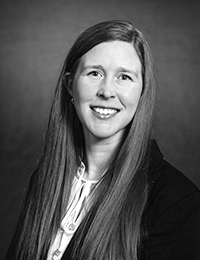 Maggie Slivinski
Maggie Slivinski Steve Corbo
Steve Corbo Alexandra Rao
Alexandra Rao Alexa Comey
Alexa Comey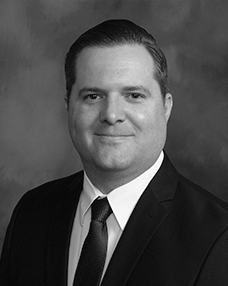 Gene Donato
Gene Donato Jack W. Kennedy III, CFP®, AAMS®
Jack W. Kennedy III, CFP®, AAMS® Henry (Hank) J. Schroeder, CFP®
Henry (Hank) J. Schroeder, CFP®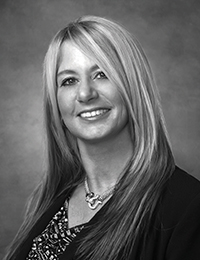 Diane Gallagher
Diane Gallagher Scott Bernstiel
Scott Bernstiel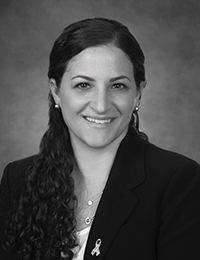 Chrissy Carpenter
Chrissy Carpenter David Strout
David Strout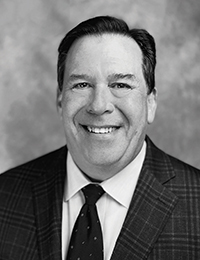 Keith R. Hering AAMS®, CRPS®, CIMA®
Keith R. Hering AAMS®, CRPS®, CIMA® 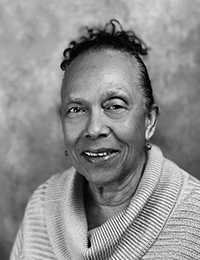 Marjorie Onuwa
Marjorie Onuwa